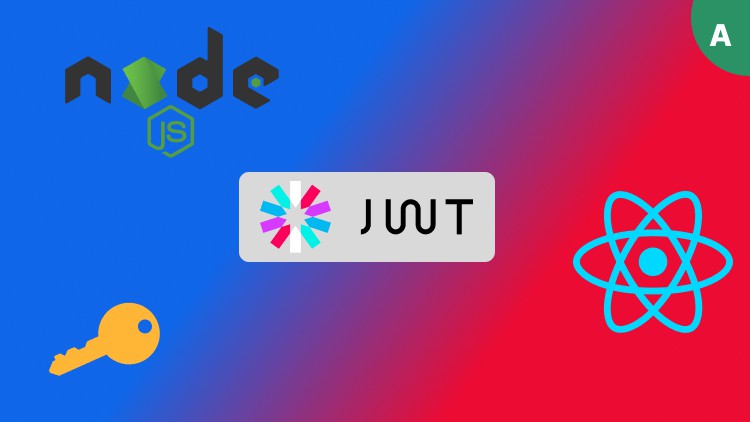JWT Authentication using MERN Stack
- Description
- Curriculum
- FAQ
- Reviews

JWT Authentication MERN Stack:
What is JSON Web Token?
JSON Web Token (JWT) is an open standard (RFC 7519) that defines a compact and self-contained way for securely transmitting information between parties as a JSON object. This information can be verified and trusted because it is digitally signed. JWTs can be signed using a secret (with the HMAC algorithm) or a public/private key pair using RSA or ECDSA.
JSON Web Token (JWT, pronounced /dʒɒt/, same as the word “jot”[1]) is a proposed Internet standard for creating data with optional signature and/or optional encryption whose payload holds JSON that asserts some number of claims. The tokens are signed either using a private secret or a public/private key.
JWTs consist of three parts separated by dots (.), which are:
- Header
- Payload
- Signature
JWT Authentication MERN Stack
- Compact: Because of its size, it can be sent through an URL, POST parameter, or inside an HTTP header. Additionally, due to its size its transmission is fast.
- Self-contained: The payload contains all the required information about the user, to avoid querying the database more than once.
In authentication, when the user successfully logs in using their credentials, a JSON Web Token will be returned. Since tokens are credentials, great care must be taken to prevent security issues. In general, you should not keep tokens longer than required.











